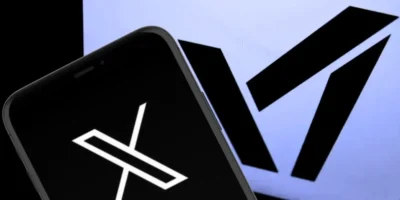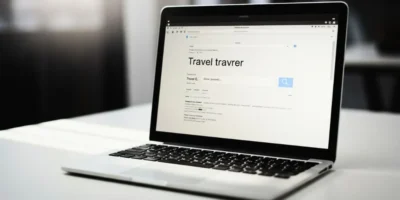Meta just dodged a massive bullet. A federal judge sided with the social media giant on Tuesday, dismissing the Federal Trade Commission’s claims that the company operates as an illegal monopoly. This decision effectively ends the government’s long-shot bid to force Mark Zuckerberg to sell off Instagram and WhatsApp.
US District Judge James Boasberg ruled that the FTC failed to prove Meta holds dominant power in today’s market. The entire case hinged on defining who actually competes with Facebook. While the government tried to narrow the field to just “personal social networking” apps—a small circle that included Snapchat—Meta argued that it was fighting for attention against massive video platforms.
The judge agreed. He pointed to the rise of TikTok and YouTube as clear evidence that Meta does not control the industry. “Even if YouTube is out, including TikTok alone defeats the FTC’s case,” Boasberg wrote.
This ruling validates the defense Zuckerberg presented during the trial earlier this year. He testified that Meta’s growth slowed dramatically as TikTok’s popularity exploded. The court decided that you cannot call a company a monopoly when it faces such intense pressure from rivals that boast billions of users.
The FTC took the loss hard. Director of Public Affairs Joe Simonson expressed deep disappointment, claiming the judge had the “deck stacked” against the agency from the start. The FTC says it is reviewing its options, though it remains unclear if it will appeal.
On the other side, Meta celebrated the verdict. A spokesperson said the decision recognizes the “fierce competition” the company deals with daily. The lawsuit, which began in 2020 during the Trump administration, represented the biggest threat to the company’s structure in its history. But for now, the empire Zuckerberg built stays intact.













